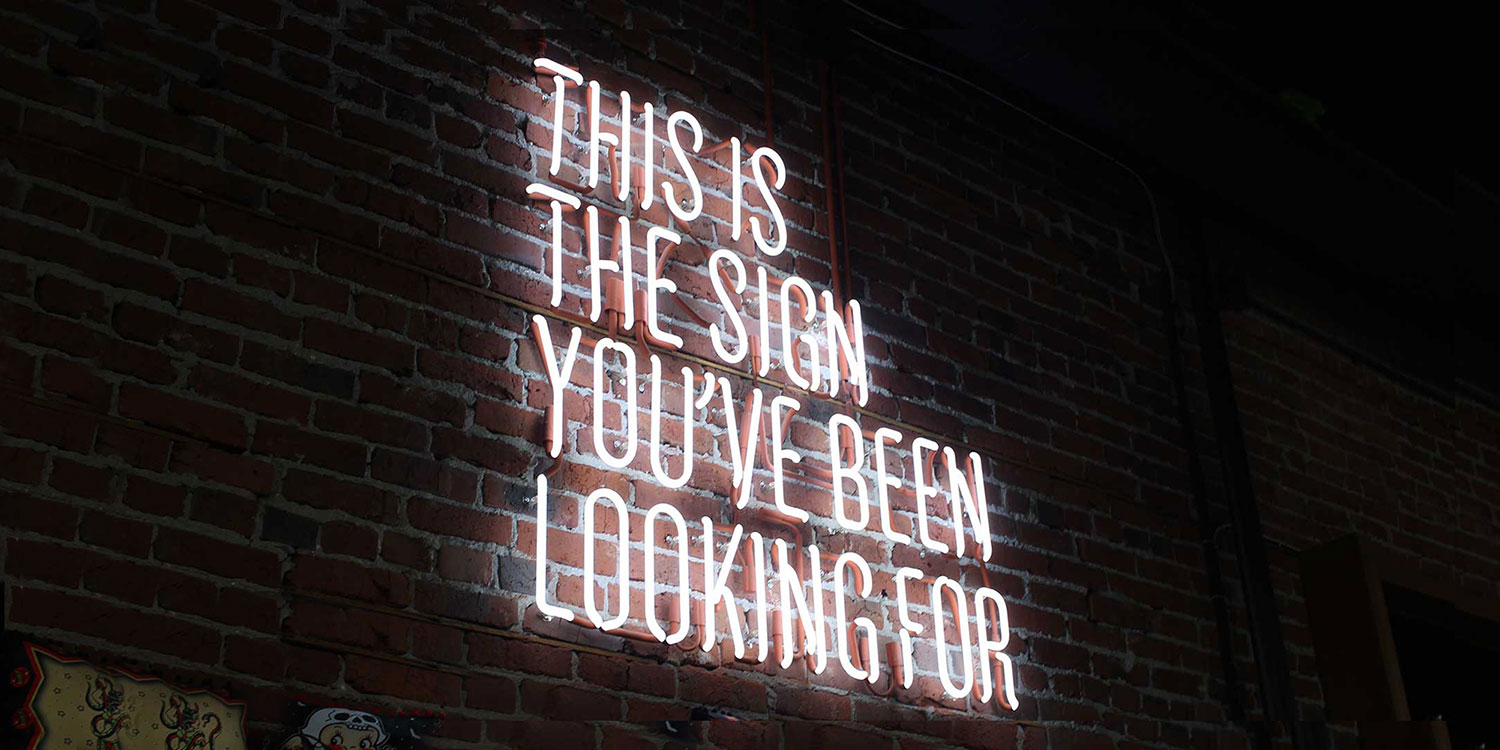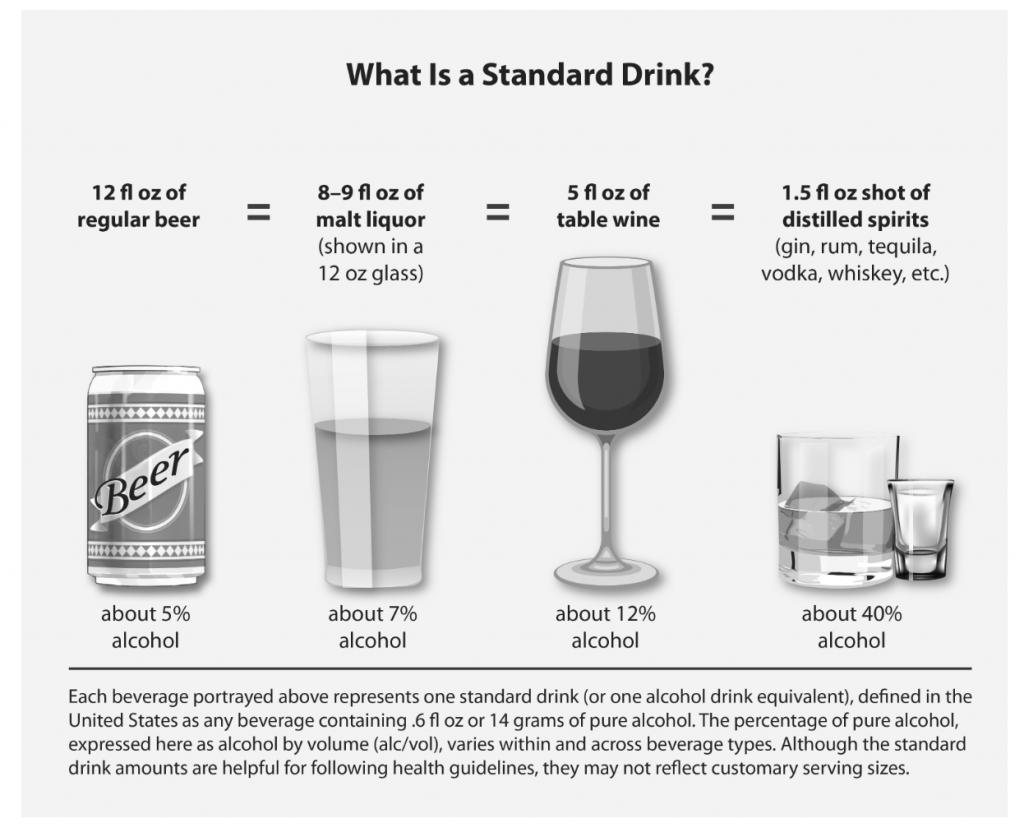The COVID-19 pandemic has placed a significant amount of stress on individuals around the world. Our lives as we know them have changed dramatically as we have sheltered in place. Our homes are now not only our workspace, but a school, and where we spend 24-hours a day.
Collectively, we are experiencing a range of challenging emotions: anxiety, stress, grief, loss, overwhelm, fear, anger, and more.
It is no surprise, therefore, that people are struggling to cope. We are finding that increasing amounts of individuals are leaning on alcohol as a coping strategy. With bars and restaurants closed, people are now drinking from home. Research shows that drinking from home has increased significantly during the COVID-19 pandemic and alcohol sales have skyrocketed!
What the research says about escalating alcohol use
Researchers have found binge drinking, especially among women, has increased significantly during the pandemic. Finding that the frequency of heavy drinking rose 41 percent among women, and reports of interpersonal problems related to drinking rose 39 percent.
A report by Nielsen found that alcohol sales had increased by 54 percent just one month into the pandemic. Compared with the previous year, online sales had increased 262 percent from 2019. A month later, online alcohol sales had increased by a staggering 500 percent.
Taken together, these factors have caused the World Health Organization to warn about the risk of increased alcohol use in both exacerbating health concerns, such as worsening mental health problems like anxiety and depression, as well as increasing risk-taking behaviors.
How to know if drinking at home is a problem
The first step toward knowing if you have a problem with alcohol is creating awareness about normal drinking limits. Unsurprisingly, many Americans don’t know what constitutes an acceptable amount of alcohol, or even what a standard drink is.
A drink that you buy as a single-serving isn’t necessarily a standard drink. For example, a single serving of wine can be anywhere between 4 to 6 ounces. According to the National Institute on Alcohol Abuse and Alcoholism (NIAAA), a standard drink is classified as 5 ounces of wine with 12 percent alcohol. Conversely, as spirits have a higher concentration of alcohol, only 1.5 ounces is classed as a standard drink. You can read more about standard drinks on NIAAA’s page What is a Standard Drink?
Source: NIAAA. (n.d.) What is a Standard Drink? Retrieved from: https://www.niaaa.nih.gov/alcohols-effects-health/overview-alcohol-consumption/what-standard-drink
Normal drinking limits are classed as:
- Women: no more than 3 drinks per day and no more than 7 per week
- Men: 4 or less drinks per day and no more than 14 per week.
The reality is that only 2 in 100 Americans adhere to these drinking limits, demonstrating the problematic use of alcohol in the United States which seems to be getting worse according to recent research. The scope of the problem is dramatic. According to a national survey in 2019, 14.1 million adults aged 18 or over meet the definition of alcohol use disorder (formerly referred to as alcoholism). Most gravely, however, is that 88,000 Americans lose their lives every year due to alcohol-related causes.
The Substance Abuse and Mental Health Services Administration (SAMHSA) have helpfully listed some indicators of risky of excessive drinking:
- Drink more, or for longer than intended
- Spend a lot of time drinking or thinking about alcohol
- Try to stop or cut down drinking unsuccessfully
- Drinking is interfering with your work/friends/school/college/family life
- Continue to drink despite health problems
- People have made comments about your drinking
- Have to drink more for the same effect.
Typically, one or more of these signs are a cause for concern. If you or a loved one answered yes to one or more of these indicators it may be helpful to seek advice from a medical professional.
How to relieve stress and overwhelm without alcohol
We’ve also included some stress-relieving tips to help you cope with the overwhelm of the pandemic without alcohol.
- Get enough sleep. Aim for 7-9 hours per night.
- Exercise regularly to help the body relieve stress and promote relaxation.
- Try meditation for 5-10 minutes per day, either in the morning or before bed. It is also helpful at moments of stress when you are feeling anxious or overwhelmed.
- Attend virtual friend and family dates so that you can stay connected and feel supported at the same time.
- Try to get out of the house, even if it is just for a masked walk around the block.
- Try to create a routine with clear parameters around work time and relaxing time (you can read more about this in our blog How to Build Structure Into Your Day During COVID-19).
- If you are in recovery or think you could do with extra support, access online recovery meetings.
- Try online therapy. There’s a reason why some refer to counseling as physical therapy for the mind. You may find it stress-relieving to process your feelings and stressors with a licensed therapist who can help you make sense of your situation and make a plan on how to move forward.
Last, but not least, remember that we are collectively enduring a pandemic. By its very nature that is a stressful event. So give yourself permission to work more slowly, reduce your to-do-list as well as your expectations of yourself.









